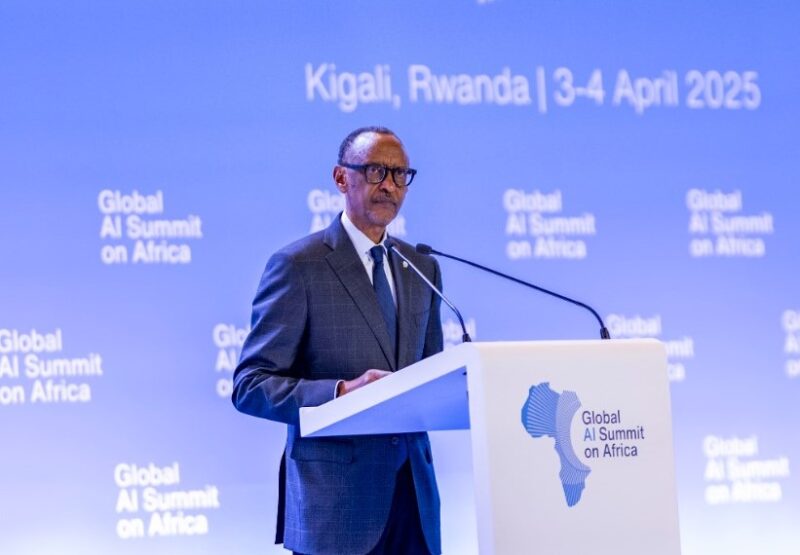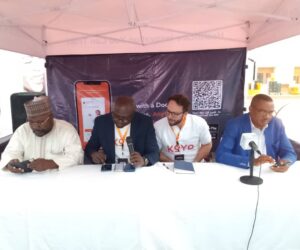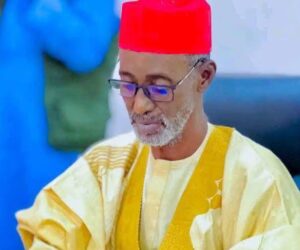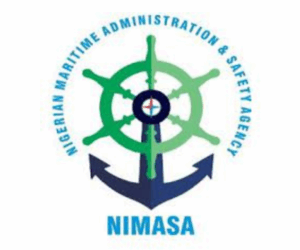Rwanda has secured a $17.5 million investment from the Bill & Melinda Gates Foundation to establish the Rwanda AI Scaling Hub. The fund will place the East African country as an artificial intelligence powerhouse in Africa.
While announcing the development last week, Minister of State in the Ministry of ICT and Innovation, Yves Iradukunda, noted that the fund is a game-changer designed to drive AI innovation across various sectors, including health, agriculture, and education. The AI Scaling Hub will also support the development of startups and AI applications focused on solving real-world problems.
Rwanda, known for its deployment of ethical AI development, aims to shape its future with this reformation. With this, leading the charge for the entire continent in scaling of artificial intelligence is further powered by the latest investment.
This fund isn’t the first it has secured from the investor. In April, Rwanda secured $7.5 million from the Gates Foundation to build the hub, which will be deployed over three years. The new $17.5 million doubles that fund and places Rwanda at the forefront of AI-driven innovations.
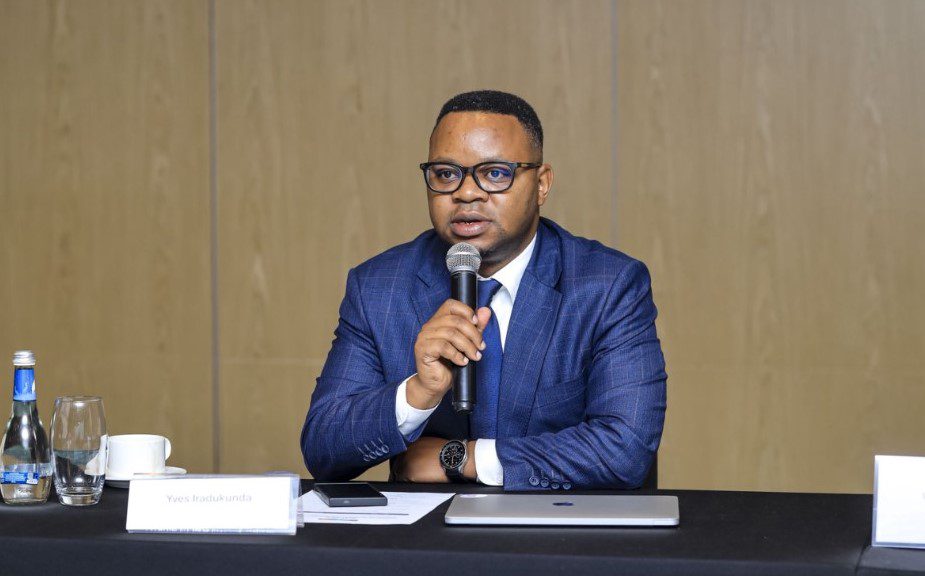
Iradukunda noted that this is just the beginning, as more investments will come in later days. He noted that the project’s scope and funding are expected to grow over time. The AI Scaling Hub serves as a central platform responsible for the development and deployment of AI technologies that can address Rwanda’s most pressing challenges.
Another highlight of the initiative is its all-around benefits. The Minister said the solutions provided by the hub will directly benefit underserved communities, particularly in rural regions, and address challenges specific to Africa’s unique context.
The AI Scaling Hub is designed to focus on a diverse range of transformative projects, such as telemedicine, AI-enabled ultrasound imaging, smart agriculture, and digital learning assessments.
Also Read: Rwanda to formalise tech education with first-ever private coding academy.
What the AI Scaling Hub means for Rwanda
Introduced at the Global AI Summit on Africa in April 2025, the AI Scaling Hub is positioned as a key component of a larger continental effort. During the summit, four regional hubs were announced, with Rwanda’s Centre for the Fourth Industrial Revolution (C4IR) selected to host the very first one.
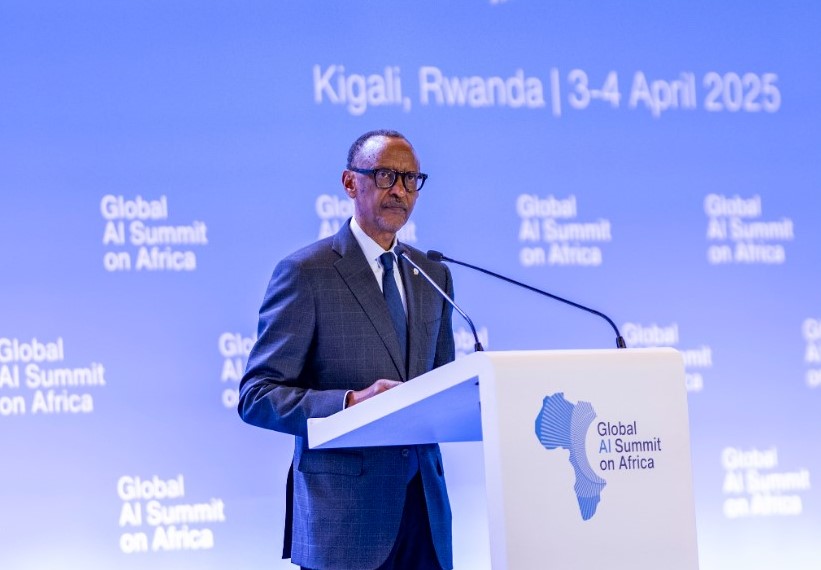

One of the key flagship projects is AI-powered telemedicine. In collaboration with Irembo, the country plans to deploy an AI-driven remote health platform that will be accessible through SMS, chat, and voice. The platform is centred towards allowing rural areas to consult doctors and revive digital prescriptions in Kinyarwanda, their local language.
The system also embodies an AI triage tool that will analyse symptoms and guide patients to the appropriate care.
There’s also the AI-driven health supply chain initiative. The Rwanda Medical Supply (RMS) agency will use AI for demand forecasting and procurement intelligence. With this technology, drug shortages will be alleviated, and with a reduction in costs, thereby ensuring a more efficient and sustainable healthcare system.
Rwanda is also pioneering AI-enabled ultrasound imaging to improve maternal health for nurses and midwives in remote areas. The tool provides them access to AI-assisted ultrasound tools that can detect early pregnancy complications within minutes, helping to improve the mother and child’s condition and reduce the maternal mortality rate.
The AI Scaling Hub extends to the Rwandan agricultural system. There’s an AI-powered agriculture advisory system designed to provide smallholder farmers, especially women and youth, with real-time farming guidance via WhatsApp, SMS, and voice channels. The system covers pest control, crop management and soil nutrition.
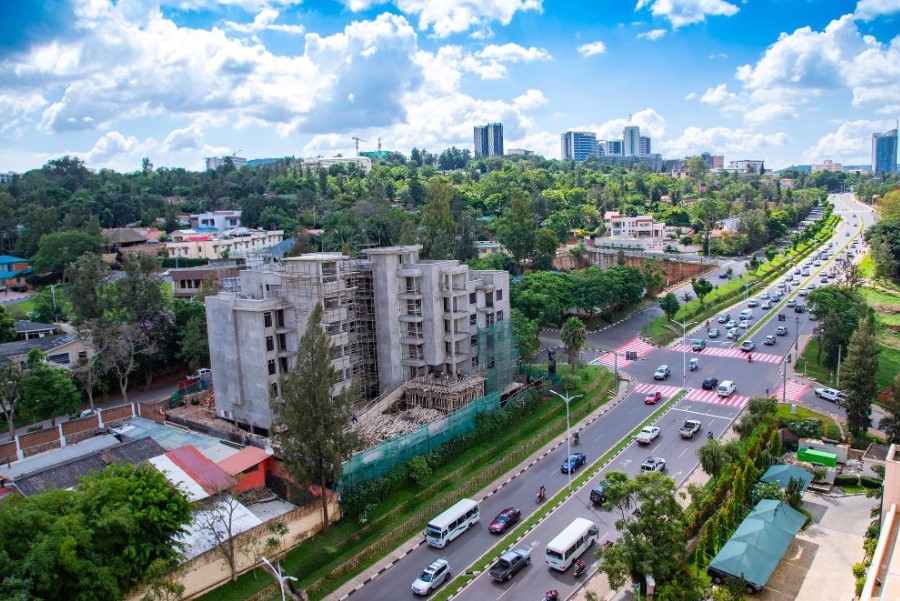

Moreover, AI will be used to automate learning assessments in primary schools, where teachers will be able to upload photos of answer sheets for immediate analysis. This will support teachers in providing targeted learning support, particularly in overcrowded classrooms.
Rwanda is leveraging this initiative to power its sector with AI and address everyday challenges across health, agriculture and education.

